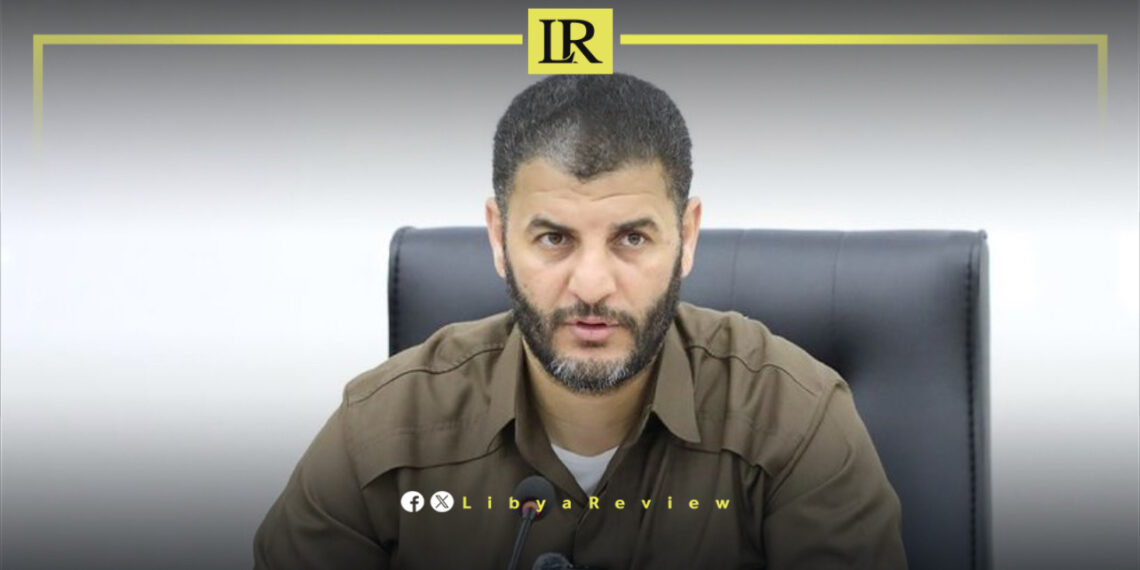Ali Al-Takbeli, a member of the Libyan House of Representatives (HoR), has expressed skepticism over the claims made by Emad Al-Trabelsi, the Interior Minister appointed by the Government of National Unity (GNU), regarding the presence of 420,000 individuals employed in the security sector.
Al-Takbali, in a press statement, remarked that the figure was exceedingly high relative to Libya’s population, noting that these individuals are only part of a ministry that controls the western region. “This number is significant, especially considering it pertains only to the western region controlled by the government,” he said.
He questioned why no regulatory bodies had scrutinized this large number of personnel, who are paid salaries from the state’s budget. He also raised concerns about whether such a large force was necessary for the security needs of the western region.
Challenging Al-Trabelsi, Al-Takbali demanded the release of crime rate statistics in the regions under his government’s control. “With such a large number claimed, one would expect complete security in the area, to the point where not a single crime would occur,” he asserted.
Al-Takbali also highlighted the ongoing insecurity in Tripoli, where residents continue to feel unsafe amidst frequent clashes between armed groups. “The ministry is often absent during most conflicts in the west of the country, failing to intervene or even comment,” he pointed out.
This statement casts doubt on the effectiveness of the Interior Ministry under Al-Trabelsi’s stewardship at a time when Tripoli’s residents face ongoing threats from militia violence.
Libya has been in chaos since a NATO-backed uprising toppled longtime leader Muammar Gaddafi in 2011. The county has for years been split between rival administrations.
Libya’s economy, heavily reliant on oil, has suffered due to the ongoing conflict. The instability has led to fluctuations in oil production and prices, impacting the global oil market and Libya’s economy.
The conflict has led to a significant humanitarian crisis in Libya, with thousands of people killed, and many more displaced. Migrants and refugees using Libya as a transit point to Europe have also faced dire conditions.


